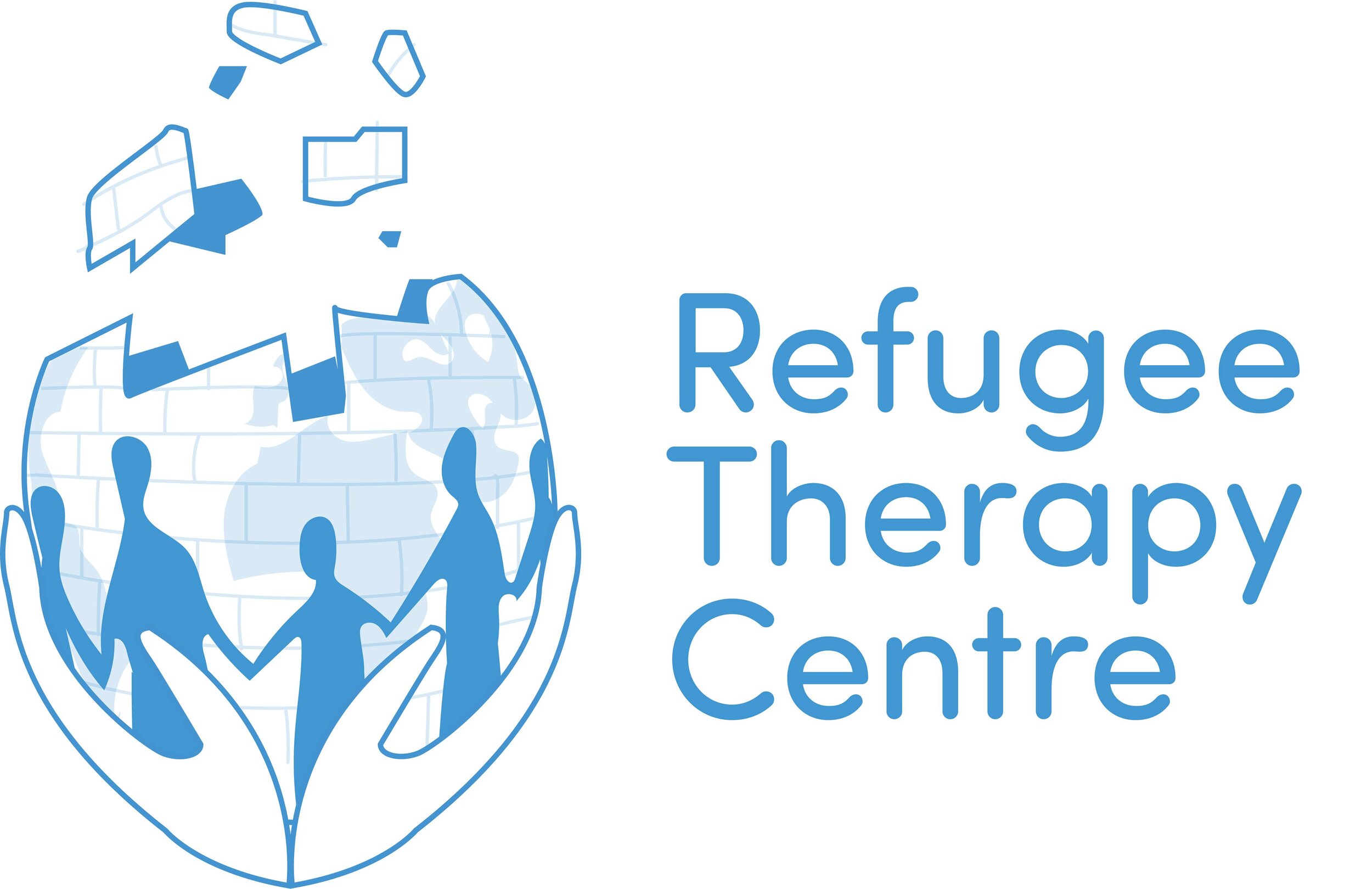Privacy Statement
The Refugee Therapy Centre is committed to protecting your personal information and being transparent about what we do with it. We are committed to keeping your personal information safe and secure in accordance with all applicable laws such as the Data Protection Act 1998 and the General Data Protection Regulation 2018
How do we obtain your personal information?
We collect and receive personal information when you are referred to one of our services, apply for employment, or become one of our volunteers; when you make a donation, or attend an event that we have organised.
What information do we collect?
Personal information is any information that can be used to identify you. For example, it can include information such as your name, date of birth, email address, postal address, telephone number, credit/debit card details, as well as information relating to your health or personal circumstances.
Some of the personal information we receive and retain is known as sensitive personal information and includes; health information, disabilities, sexual orientation, racial or ethnic origin, religion and immigration status.
We would collect sensitive personal information only where there is a lawful basis for doing so, such as an agreement with an individual to provide a service, and having received their consent in the form of a signature.
How do we use your information?
We use your information to keep a record of your relationship with us and to ensure the safety of staff and clients at all times by the application of due diligence checks. Also for internal administrative purposes such as fundraising, accounting and reporting. We use personal data to carry out statistical analysis and research in order to help us understand and monitor how we are performing and how we can improve our services to consistently meet the needs of our clients.
Who do we share your information with?
When we collect your personal information we use strict procedures and security protocols to prevent any unauthorised access to this data. Any hard copy material is stored in locked cabinets within our premises. Our premises are protected by an intruder alarm which provides the appropriate level of security required.
In respect of personal information and data stored in a database or in electronic data files, this information is secured through anti-virus protection and is subject to regular backup routines to ensure the integrity and protection of data at all times.
We will not share your personal data with anyone without your consent. The only exception being a specific request from the police or a court of law, where criminal activity is suspected or perceived as an imminent threat.
Your right to access and/or deletion of personal information
You may request access to the personal information we hold about you and additionally ask for it to be deleted subject to consideration of our legal basis for holding your information. To request access or deletion please either write to us by letter or by email.
For Children
When you are referred to the Refugee Therapy Centre or attend an event or take part in activities we record some personal information about you. This might include your name and address and other information that relates to your family history or where you were born, your first language and some information about your doctor or other health provider. We collect this information only with your permission. If you are aged 13 or over, one of our staff will ask you to sign a form to confirm that you agree to us doing this. If you are younger than 13 then we will need to ask one of your parents to sign a form to show that they are happy for us to keep your personal information. You can ask to see the information we hold that relates to you and you may also ask for us to delete or change some of the information if you are unhappy with it. Your information will always be kept safely and will not be shared with anyone outside of our organisation. If you have any questions concerning this privacy statement please ask your contact at the Centre, email our CEO or ask your parent to do this for you.













